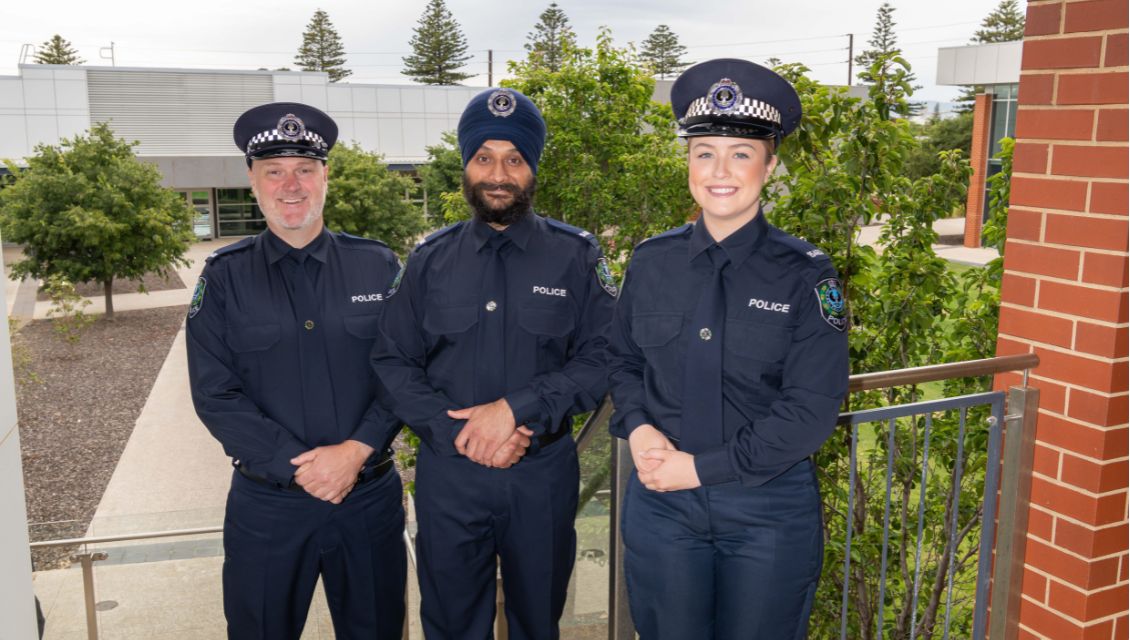
Aerial firefighting is a critical component of CFS efforts to combat bushfires as aircraft will work to reduce the fire intensity and slow the spread of a bushfire, enabling crews to extinguish the fire edge on the ground.
Steve Joyce can attest to importance of aircraft when fighting a bushfire.
The Port Pirie aerodrome manager played a pivotal role over the past decade, transforming the Port Pirie site into a CFS airbase and command centre during major fires and emergencies.
In fact, he developed such a rapport with the aviation team, he ended up joining them.
“I took over the management of Port Pirie Regional Council’s aerodrome and adjoining homestead 28 years ago, but for the most part I was mainly tasked with making sure the site and runways were well maintained for private and charter planes," he said.
"However, in 2014 when the region was affected by the month-long Bangor bushfire, it was a wake-up call for me, because it came so close to Port Pirie."
Mr Joyce witnessed first-hand how important the CFS's aerial bombers were in suppressing the fires and assisting ground crews, while at the same time developed a close relationship with the aviation team.
"It actually got me thinking, 'I should be part of this agency. In fact, why haven’t I done it earlier?',” he said.
"The protection the CFS gives the community when there is a fire for infrastructure and properties, is so important."
Over the next seven years, Mr Joyce worked closely with the Country Fire Service and the state government to help transform the council's aerodrome into a permanent, dedicated airbase for the agency’s operations. Recently, a welfare hub was built, for crews to relax. cool down or de-stress during campaigns like the recent fire at Mambray Creek.
With the aerodrome's transformation now complete, Mr Joyce said there was only one thing left for him to do - spread the work to the local community who didn't hesitate to sign up.
"We now have 15 dedicated aviation volunteers on the books here at Port Pirie – a lot of them are farmers, committed to helping the air operations," he said.
"They’re a great bunch of people and perform a number of tasks when there is a fire or during training exercises, such as filling the planes with water, foam, retardant and blaze aid – the gel. Of course, I wasn’t going to miss out, so I signed up too as a CFS volunteer and trained to become a re-fuelling captain."
Mr Joyce said he had learnt much along the way, from the types of roles and how they fit in with the broader team to understanding different fire suppressants and what they’re used for.
"We’re like a big family now and we all get on. It’s such a good organisation for a person like me who was looking for that something more," he said.
"It’s funny, if the Bangor fire happened 28 years ago, perhaps we would have already had CFS air operations in Pirie. However, I’m glad I got to play this part and the community certainly knows there is a devoted and enthusiastic aviation team here at this aerodrome, ready to help.”







